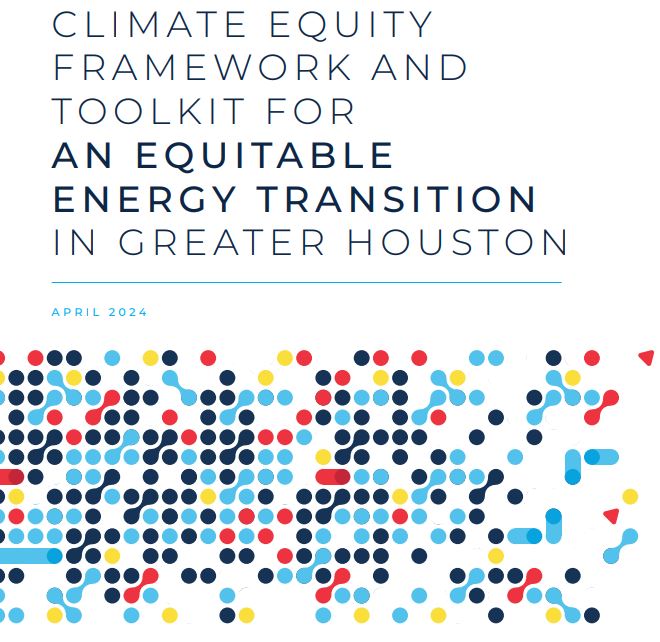The mission of the Houston Energy Transition Initiative (HETI) is to drive sustainable and equitable economic growth for an energy-abundant, low-carbon future in the greater Houston region. Community engagement will play a key role in ensuring the environmental and economic benefits of the energy transition flow to all members of Greater Houston. This requires a shared understanding of concerns, values, and goals.
“As we make this transition to a lower-carbon energy future, we’re doing it in a way that creates economic opportunity for all Houstonians,” said Jane Stricker, Senior Vice President, Energy Transition and Executive Director of HETI. “When we think about what role community plays in that work, HETI is supported by industry leaders and a community advisory board to ensure that as this work moves forward, it moves forward in a way that benefits everyone.”
HETI recently collaborated with the Houston Advanced Research Center (HARC), Sallie Greenberg Consulting (SGC), energy companies with a presence in the region, and impacted community organization stakeholders and leaders to develop a baseline understanding of current corporate climate action, community needs, and preferred methods of engagement.
“We engaged HARC and SGC to help us to explore the intersection of the energy transition and community engagement,” said Stricker. “They helped us create a collaborative framework to support both companies and communities in advancing solutions for an equitable energy transition. The team has done a truly outstanding job to develop this report and framework.”
The Climate Equity Report, which includes the Framework for an Equitable Energy Transition and the Community Engagement Toolkit for an Equitable Energy Transition, was developed to help foster positive, two-way communication and engagement between Houston-area energy companies and the communities they impact. The Framework and Toolkit are based on in-depth research and interviews — with the aim of bridging the gap between corporate climate action, community engagement, and the federal government’s approach to diversity, equity, inclusion, and accessibility.
“We have the opportunity to reassess how we approach these very important issues,” said John Hall, President and CEO of HARC. “Community members are not just interested in talking and becoming acquainted with the industry — they want to engage in constructive dialogue with the aim of delivering meaningful benefits that will improve the quality of their lives and those of their neighbors.”
“What I see for the first time in the 25 years that I’ve been working in this space is that we have a significant opportunity—right now—to change how we work in communities, how we work with communities, and how we can enter in a partnership to be able to drive equitable energy transition activities forward,” said Dr. Sallie Greenberg, Scientist, Strategic Advisor, and Engagement Specialist at Sallie Greenberg Consulting.
Findings from the Climate Equity Report highlight best practices and strategies to improve relationships, build trust, and address concerns. Ten key findings include:
Read the full report here. Watch the Connect on Climate Equity webinar.
